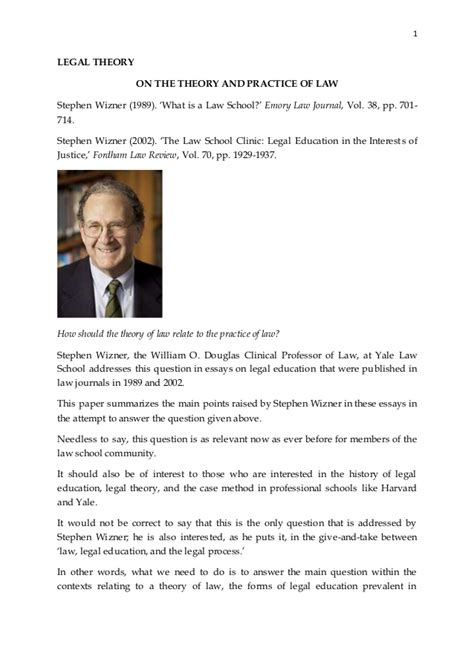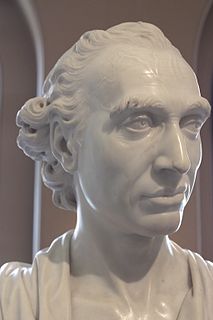A Quote by Jared Polis
The House of Representatives provides a special, nonpartisan staff of lawyers, called Legislative Counsel, who are experts in various areas of the law.
Related Quotes
The constitution has divided the powers of government into three branches, Legislative, Executive and Judiciary, lodging each with a distinct magistracy. The Legislative it has given completely to the Senate and House of Representatives. It has declared that the Executive powers shall be vested in the President, submitting special articles of it to a negative by the Senate, and it has vested the Judiciary power in the courts of justice, with certain exceptions also in favor of the Senate.
Lawyers have their duties as citizens, but they also have special duties as lawyers. Their obligations go far deeper than earning a living as specialists in corporation or tax law. They have a continuing responsibility to uphold the fundamental principles of justice from which the law cannot depart.
Are there experts, ethical experts, that's very offensive to all of us? Because it's part of our humanity to have a stake in these questions to feel that we ourselves know the difference between right and wrong. And then along come these experts, philosophers, claiming, you know, an expertise, a special training, a special skill, a special talent.
How you staff, particularly the chief of staff, the national security adviser, your White House counsel, how you set up a process in the system to surface information and generate options for a president, understanding that ultimately the president is going to be the final decision-maker. That's something that has to be attended to right away.
The whole body of the nation is the sovereign legislative, judiciary, and executive power for itself. The inconvenience of meeting to exercise these powers in person, and their inaptitude to exercise them, induce them to appoint special organs to declare their legislative will, to judge and to execute it. It is the will of the nation which makes the law obligatory.
Educating Lawyers succeeds admirably in describing the educational programs at virtually every American law school. The call for the integration of the three apprenticeships seems to me exactly what is needed to make legal education more professional, to prepare law students better for the practice of law, and to address societal expectations of lawyers.
The law hath so many contradictions and varyings from itself, that the law may not improperly be called a law-breaker. It is become too changeable a thing to be defined: it is made little less a Mystery than the Gospel. The clergy and the lawyers, like the Freemasons, may be supposed to take an oath not to tell the secret.
[The Republican Party] for example, they do run the House of Representatives, they're a majority there, and it's the House that is essentially sending the government into shutdown and maybe default. But they won the majority of seats there because of various kinds of chicanery. They got a minority of the votes, but a majority of the seats, and they're using them to press forward an agenda which is extremely harmful to the public.
When something like this [2003 invasion of Iraq] takes place, the international law professionals have a complicated task. There is a fringe that just tells the truth: Look, it's a violation of international law. But most have to construct complex arguments to justify it as defense counsel. That's basically their job, defense counsel for state power.































